One of the top New Year’s resolutions is to find a new job.
For many professionals, they haven’t had to look for a job in a long time. Their career may have progressed through promotions, they may have been recruited or through just plain old fashioned networking.
What I hear from a lot of professionals who haven’t had to look for a job in a while is that job seeking has changed….A LOT! Job boards, online applications, social media, LinkedIn, algorithms, video resumes, online portfolios, etc., etc. It takes a lot more to manage your job search and to get noticed by employers.
Job seeking can seem overwhelming and full of anxiety, but if you focus on a few strategies that successful job seekers use, it can also be a fun and exciting journey of self discovery and opportunity. Yes, there will be rejection. Sometimes you’ll just be completely ignored! Don’t take it personally. You have a life full of accomplishment, skills, experiences and value that employers want and need.
If you are new to job seeking here’s a few things you should know:
Determine what you want to do…..
I often have conversations with job seekers that start like this.
JS: Andrew, I’m looking for a job, can you help me?
ME: What do you want to do?
JS: Well, I’m not sure, I’ve got some ideas and I think I’d be good at this or that, but I’m not really getting the response I want when I send in my resumes….
You have to know what it is you want to do. Determine what it is you want to do before you start your job search. Once you have chosen the path you are going to follow, then all of your job search skills will come into focus. Your resume will be centered around the job you are looking for, your ‘about me’ speech will highlight your skills and experiences that explaing why you’d be a perfect fit for the job you want to do and, most importantly, you will have laser-sharp focus on the jobs you are applying for.
Job boards are great, but……
Job boards (mine included) are great for prospecting for new opportunities. However, there are also a lot of false expectations job seekers have relating to job boards. If you find yourself in your pajamas all morning spending your entire job search randomly sending out resumes to job postings, you are probably not going to be successful anytime soon. I typically recommend that only about 25% of a job seeker’s efforts go towards applying to jobs on job boards. When you are searching for a job on a job board, be focused and specific about what you are searching for. Determine your own specific criteria about the type of job, the type of company and of course, the skills you have that match the job. In general, you should match at least 75% of the qualifications for any position.
Job seeking is a two-way, full-contact sport….
In today’s job seeking world, not only are you looking for a job, but employers are actively looking for you. In order to be found, make sure you have a dynamic online profile. You can create an online profile on Andrew Hudson’s Jobs List by clicking here but you should also make sure you have a LinkedIN profile. When writing a profile, key words are….well…. KEY! Specific words, job titles and phrases that are focused to your qualifications and job background will make it easier for a recruiter to find you. On AH Jobs List and on LinkedIN, your profile will also generate a personal URL that can be put on resumes, cover letters, business cards, job applications and even your email signature to easily direct employers to your profile. Other job boards, such as Indeed.com allow you to post your resume online as well.
Applicant Tracking Systems (ATS) are the norm….
When you are applying online, you will regularly be directed to fill out an online application. This is a key that you are being ranked, not by a human being, but by a computer. Applicant Tracking Systems (ATS) are programmed to search for key data such as titles, dates, companies, qualifications, industries, etc. In order for you to be ranked high by the ATS, you need to carefully review the job posting and look for the key words and phrases that describe the job. If ‘hospitality’ is a key element of the job function, make sure you have the word ‘hospitality’ in your application. If the job description emphasizes ‘management’ or ‘sales’ or a skill like ‘wordpress development’ or ‘salesforce’ it is best to have those skills specifically identified when applying. The ATS will ultimately score and rank you based on the simple data it scrapes from each application.
Networking is still key…..
The one thing that has not changed in job seeking is networking. It is still the No.1 way people find a new job.
There is no way around it.
YOU HAVE TO NETWORK.
There is no way around it.
YOU HAVE TO NETWORK.
Networking is like a muscle. The more you do it, the stronger a networker you become.
But I also know from working with job seekers that networking is also the most uncomfortable part of job seeking.
Make lists of friends, family, past colleagues, vendors or clients or peers in your industry that will return your call and help you find a job. But also, make cold calls. Invite people to coffee or lunch. Attend networking events with an industry professional association. Identify a company or someone within a company and write out a short script talking about yourself as well as questions you should ask them. Research them and the company so you can find out what you have in common or impress them with your knowledge of the company. Most importantly however, like in any deal you are trying to close, MAKE THE ASK. “Do you have any positions available that would fit my qualifications?” If not, “Can you introduce me to your HR person?” or “Is there any contact you have that you could refer me to?”









